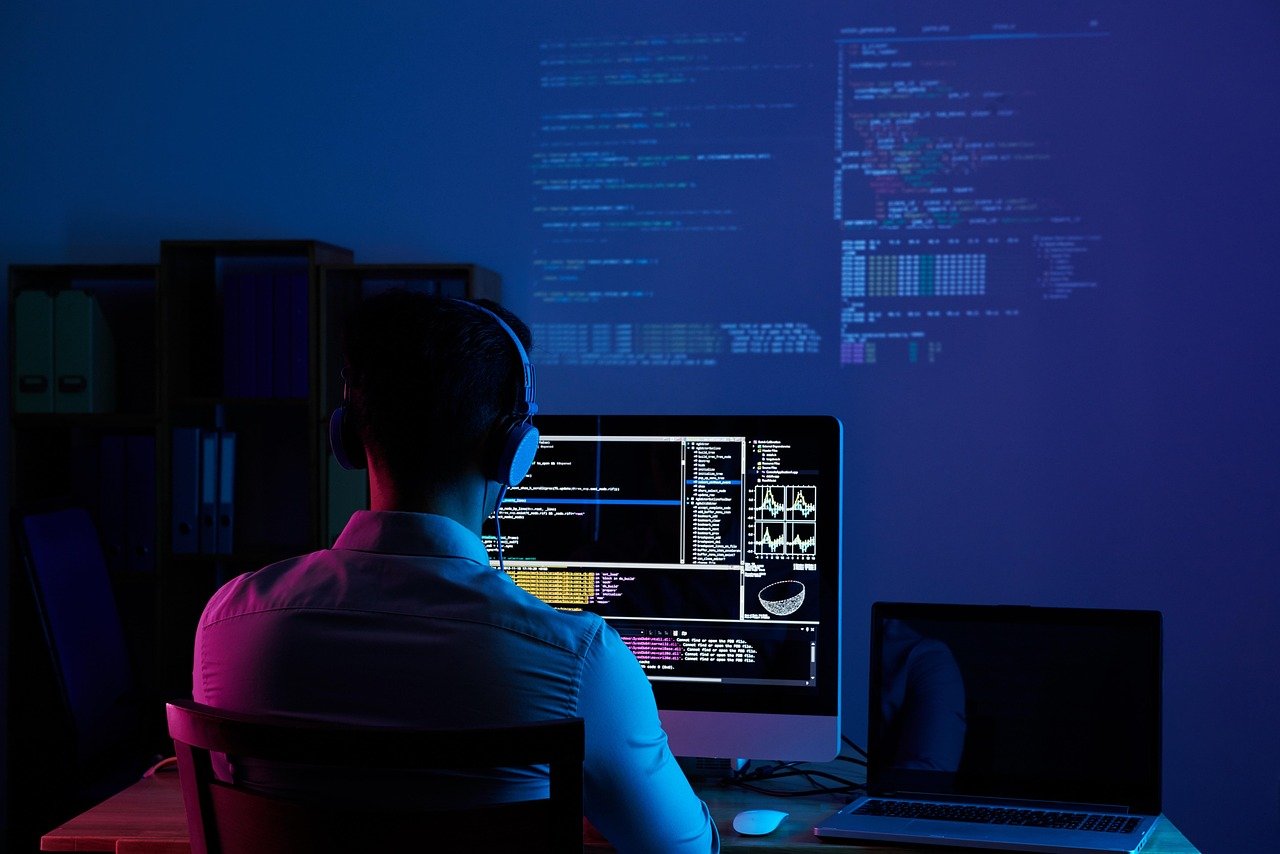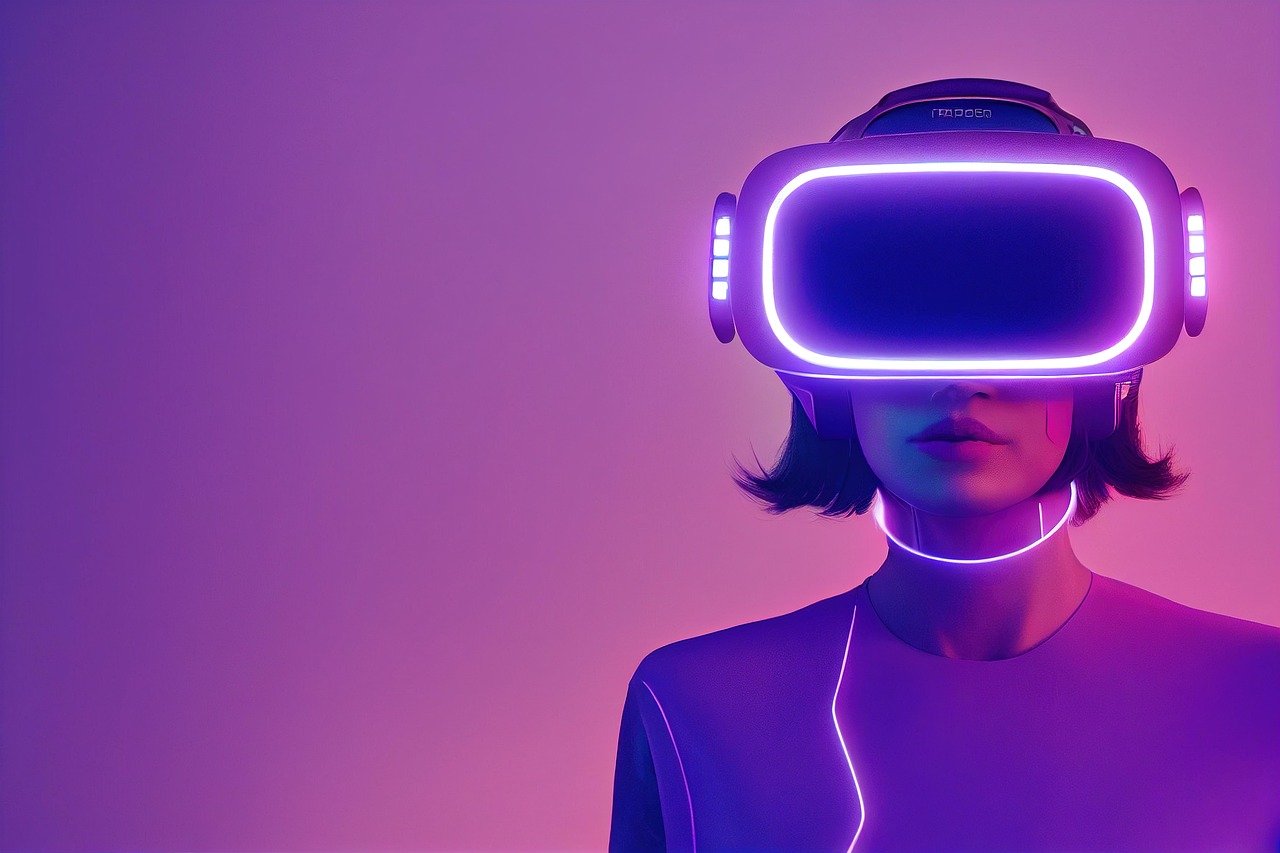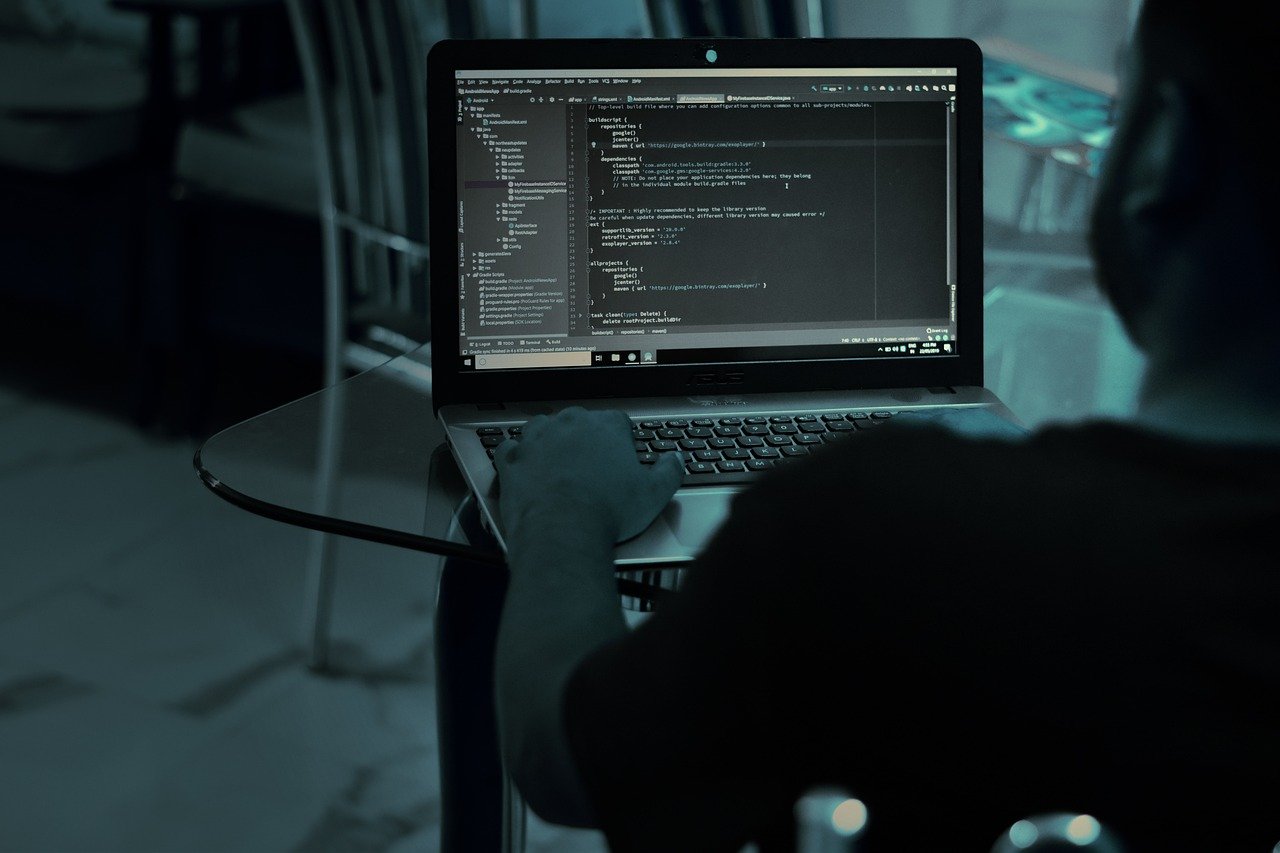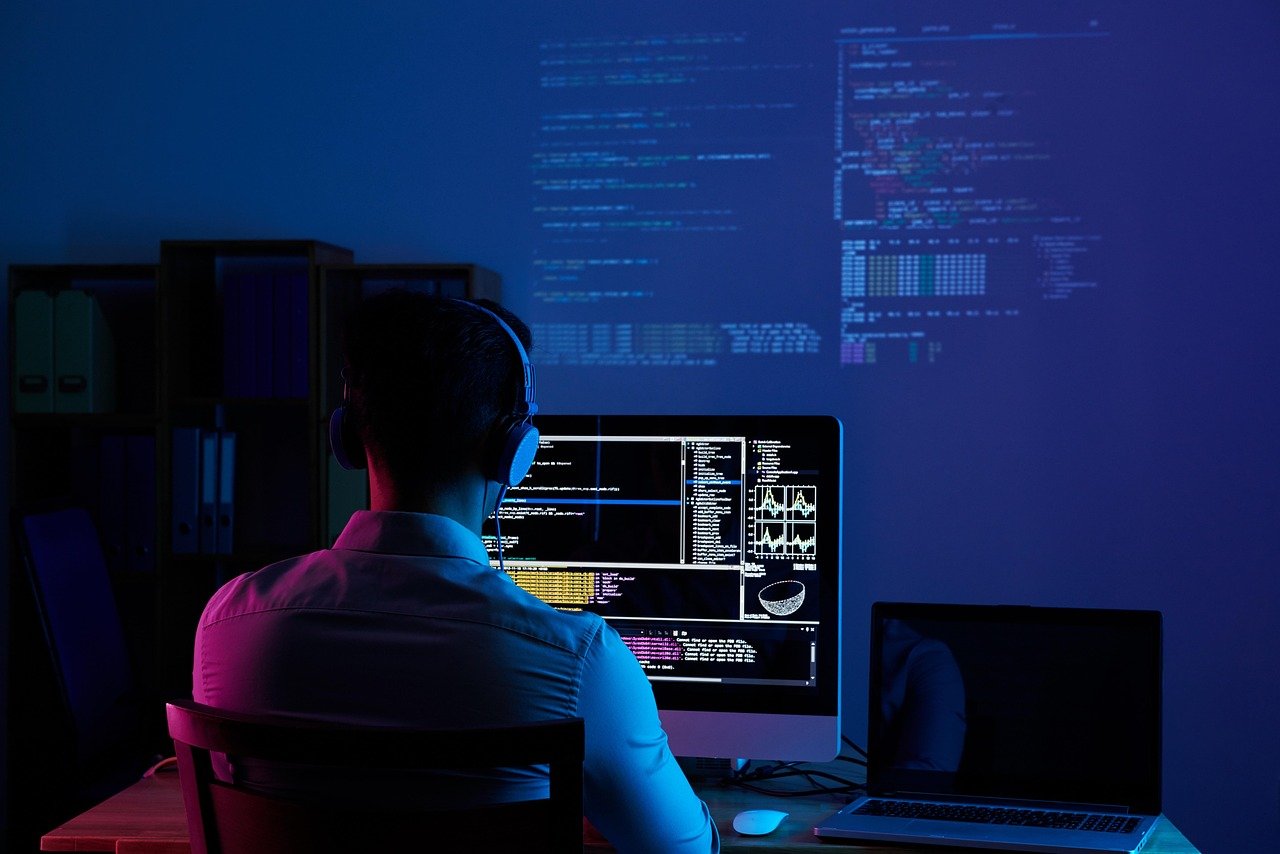AI’s Rapid Growth Isn’t a Threat – It’s a Shift

The idea that Artificial Intelligence will soon sweep away 80% of coding jobs is spreading fear and excitement in equal measure. But let’s look at the facts: recent advancements in natural language processing and machine learning have certainly changed how we code, but they haven’t replaced coders. According to the World Economic Forum, AI is more likely to automate repetitive actions than complete entire jobs. The tech world is witnessing a shift, not an apocalypse. AI is powerful, but it’s not magic. It’s a tool—one increasingly woven into the daily tasks of software developers, transforming how we work rather than who works.
Coding: The Heartbeat Behind AI’s Brain
AI wouldn’t be making headlines if it weren’t for the coders building its very foundation. Every neural net, every algorithm, every clever chatbot—these are the result of human creativity and labor. Stanford University’s recent studies show that demand for programmers in AI-driven projects is actually climbing. People are needed not just to write code but to design, test, and maintain AI systems. Coders are the architects and caretakers of AI—they’re not standing in AI’s way, they’re pushing it forward.
AI Tools: Partners, Not Predators
AI-powered tools like GitHub Copilot and OpenAI Codex have made coding faster and more accessible. They can generate code snippets or suggest solutions, saving developers time. But these tools are like a GPS for drivers; they help, but they don’t take the wheel. Stack Overflow’s 2024 survey found that 74% of developers see AI as a productivity booster, not a job killer. Coders still make the critical decisions, fix tricky bugs, and add the finishing touches that make software truly work.
The Human Element: Creativity, Empathy, and Adaptability

Software isn’t just about code—it’s about solving real problems for real people. McKinsey & Company reports highlight that while AI can handle routine, repetitive tasks, it stumbles when asked to understand changing requirements or empathize with users. Coders bring creativity, adaptability, and intuition to projects—qualities AI currently lacks. No matter how smart the system, it can’t replace the human touch that makes software useful and meaningful.
Tech Job Market: Growth, Not Shrinkage
Far from shrinking, the tech job market is expanding rapidly. The U.S. Bureau of Labor Statistics projects a stunning 22% growth in software development jobs from 2020 to 2030. This surge is fueled by new technologies, industries, and challenges. As AI becomes more widespread, new roles emerge: AI ethicist, prompt engineer, data curator, and more. Coders are not being pushed out—they’re being pulled into new, exciting frontiers.
Human Oversight: The Guardrail for AI
AI systems can be incredibly powerful, but they also need supervision. Without human oversight, AI can drift into unethical or even dangerous territory. The AI Ethics Lab emphasizes the role of humans in making judgment calls and ensuring fairness. Coders are responsible for monitoring AI, catching biases, and making sure these systems behave as intended. This accountability can’t be automated away—it’s a core part of responsible technology.
The Evolution of Coding Education
Schools and universities are not cutting back on computer science—they’re expanding it. The National Center for Education Statistics reports booming enrollment in coding and AI courses. Curriculums are evolving to include AI, data science, and ethics, preparing students for a world where coding and AI go hand in hand. This surge in education means more people, not fewer, will be ready to tackle tomorrow’s tech challenges.
Collaboration: Humans and AI Building Together

The most exciting software projects today are built by teams where humans and AI work together. Deloitte’s research shows that companies who embrace this blend see more innovation and faster results. AI handles the boring parts, freeing up coders to focus on design, architecture, and user experience. It’s like having a supercharged assistant, not a replacement. This partnership is where the real magic happens.
AI’s Shortcomings: Context, Judgment, and Error
AI can write code, yes—but it can also make mistakes. The Association for Computing Machinery points out that AI-generated code can be buggy, incomplete, or simply wrong. AI struggles to understand the context of a problem or the intent behind a feature. Human coders are essential for reviewing, refining, and correcting AI’s output. It’s a reminder that, even as AI improves, the final say belongs to people.
Statistics Show a Balanced Reality

When you dig into the data, the scary prediction that 80% of coders will lose their jobs just doesn’t stand up. Reports from the World Economic Forum, U.S. Bureau of Labor Statistics, and top universities consistently point to continued demand for developers. AI is changing the nature of coding work, but not eliminating it. Coders who learn to use AI as a tool will thrive in this new environment, creating opportunities rather than facing obsolescence.
What the Future Holds for Coders and AI

The relationship between coders and AI is evolving into something dynamic and powerful. Instead of a winner-takes-all battle, it’s a partnership where both sides bring out the best in each other. Coders will keep pushing AI forward, while AI will help coders reach new heights. The myth of mass replacement is giving way to a more nuanced, exciting reality—one where technology and human talent grow together.


